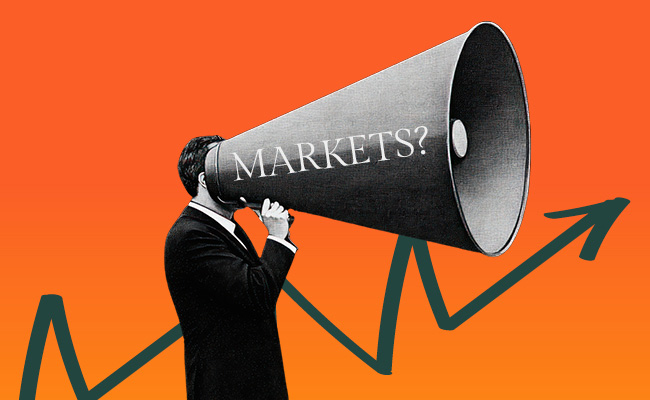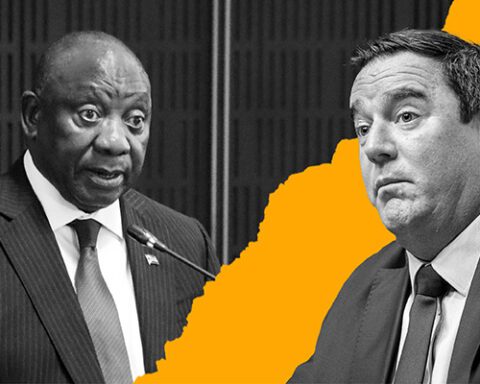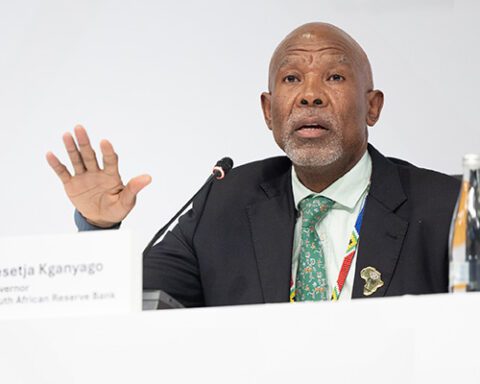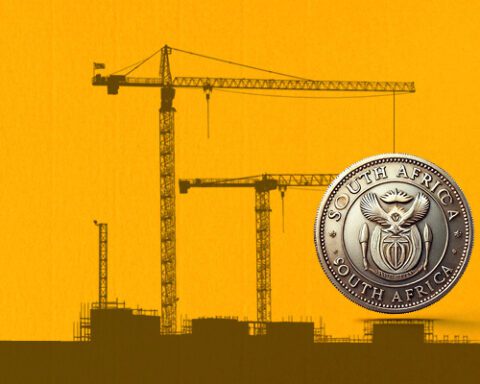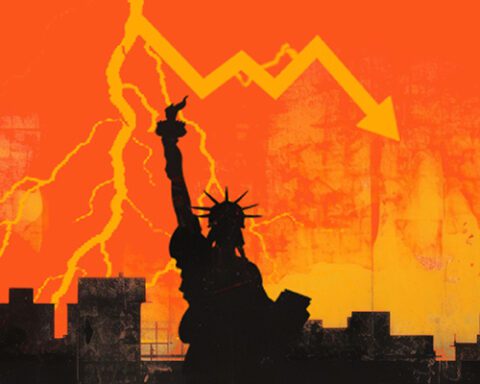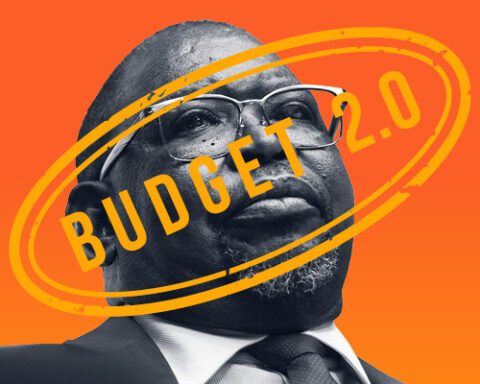Investors responded with stunned surprise to the shocking decision to delay South Africa’s national budget, with most markets modestly down on the day.
Considering the unprecedented nature of the event – plus the contentious matter of a two percentage point hike in VAT – it could’ve been much bloodier on trading screens.
The rand weakened 0.9% against the dollar – hardly its worst day, given its reputation as one of the most volatile major currencies. Treasury director-general Duncan Pieterse pointed out that the rand still remained the best performing emerging-market currency against the dollar in recent months.
Bonds took some pain, but yields didn’t climb much more than they did on February 10, the Monday after US President Donald Trump threatened to withdraw aid.
In the stock market, it wasn’t a good day for two sectors which would have been most affected by a VAT hike: retailers, which fell 2.2%, and banks, which dropped 1.1%.
Commodity stocks were among the biggest decliners, though, it seems, for reasons unrelated to the budget. Overall, the JSE’s all share index was down 0.81%, though it remained near record highs.
Analysts were in two minds about what the decision to delay the budget might mean in the longer term. “Honestly, I don’t know what to think,” said George Glynos, ETM Analytics’ head of research.
On the one hand, markets don’t like uncertainty; on the other, it does mean there might be some increased accountability being baked into the political system. “This is democracy in progress,” Glynos said.
Peter Armitage, the CEO of fund manager Anchor, agreed: “We just have to get used to the fact that this is our politics now.”
The dip in the markets was an understandable reaction, but in the longer term, it might be a good thing, he said. “The ANC might be forced to be more fiscally prudent.”
Unpalatable option
Glynos believes there might be some disappointment that the ANC proposed a VAT hike in the first place.
This proposal is the “highest form of insult”, since most South Africans are in the midst of a cost-of-living crisis. “This is really just not what we need at the moment,” he said, particularly since the government hasn’t really tackled wasteful expenditure in any meaningful way.
“They are going about it completely the wrong way around.”
Yields on five-year government bonds rose 27 basis points to 9.38%, while those on 10-year securities climbed by 35 basis points, according to data compiled by World Government Bonds. For context, yields on the five-year bonds soared 78 basis points at the end of January after the Federal Reserve kept interest rates on hold. Yields move in the opposite direction to prices, so when they go up, prices on the bonds drop.
The movements in the bond market show that investors are being patient and giving the situation within the government of national unity space and time to play out because of limited publicly available information, said Casey Sprake, an economist at Armitage’s Anchor.
“The postponement of the budget is better than its outright cancellation,” she told Currency.
In other countries, political friction over national budgets has had serious consequences.
In France, efforts to reduce the budget deficit resulted in the prime minister’s ouster. Kenya has also faced challenges passing its budget, with plans to raise taxes last year sparking major protests, a delay in receiving funds from the International Monetary Fund, and the eventual abandonment of the hikes.
The VAT increase, as well as the size of it, came as a surprise, Sprake said.
“Why would they want to risk such an unpalatable, very unpopular hike,” she asked. “It’s highly unorthodox.”
The proposed VAT increase to 17% was intended to raise R58bn in the financial year through March 2026, amid a 5.7% rise in the government’s wage bill. The funds were meant to support early childhood education, health care and commuter rail. To assist low-income households, the government planned to increase social grants above inflation, expand zero-rated food items, and keep the fuel levy unchanged. Personal income tax brackets would also have been adjusted to protect lower-income earners.
Anti-poor, anti-growth
The previous VAT hike in 2018 was well communicated, but this one came out of the blue. It also flies in the face of what the South African Reserve Bank (SARB) is trying to do by fighting inflation to protect the poor from rising prices using interest rates.
There has even been talk from SARB governor Lesetja Kganyago of bringing the inflation target down from 4.5%, the midpoint of its 3% to 6% range.
“National Treasury is coming out with one of the most anti-poor of fiscal options out there,” Sprake said. It seems to be on “opposite sides of the policy spectrum” to the SARB.
The consequence of such an aggressive increase in VAT would be a slowdown in spending as it raises prices across the board.
“It would naturally be anti-growth,” she said. “A VAT increase doesn’t just hit the poor; it hits the middle class and it hits the wealthy too. It’s the opposite of what our economy needs right now.”
A two percentage point increase in VAT never “even crossed people’s minds”, said Gareth Collier, a director at Firecrest Group, a wealth management firm based in Cape Town. “The positive is that hopefully we can show the world our democracy works.”
The challenge will be plugging that funding gap, should no compromise be found on VAT.
“Our two biggest problems at the moment are that our tax base is miles too small to keep squeezing for more revenue – that will hit a tipping point and accelerate a decline,” he said. “You cannot tax your way to prosperity.”
Sign up to Currency’s weekly newsletters to receive your own bulletin of weekday news and weekend treats. Register here.
